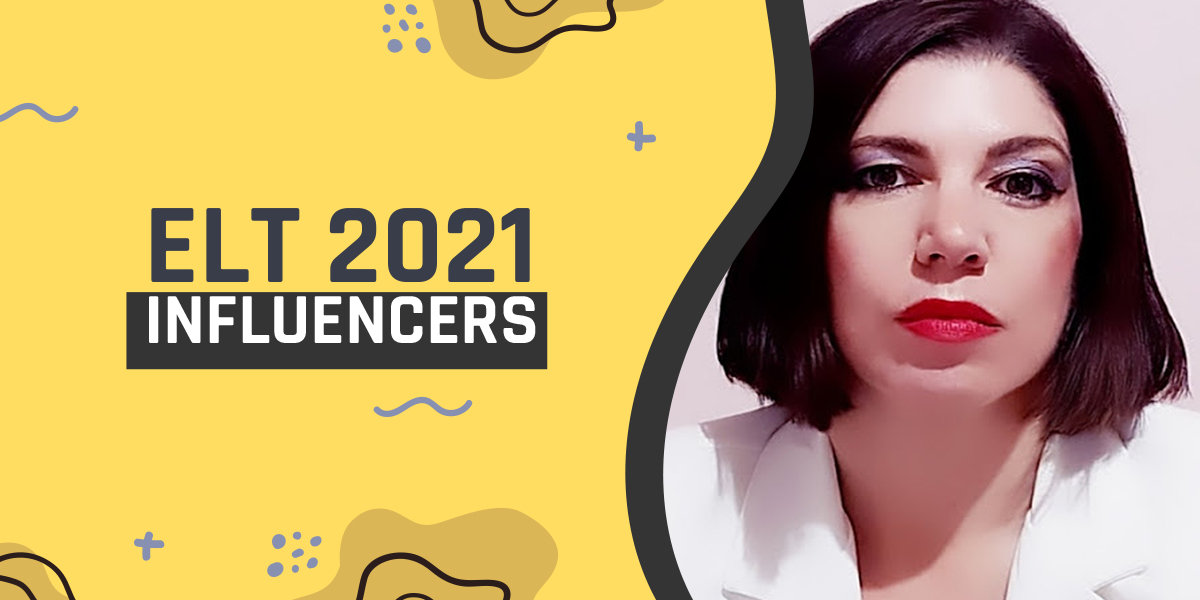
Evangelia Vassilakou has a BA degree in Philosophy from Deree College, The American College of Greece and an MA degree in Applied Linguistics from Hellenic American University with a high distinction. She has also been nominated as a PhD candidate in Applied Linguistics (HAU). Evangelia is a committed and goal-driven educator with 20 years’ experience in the EFL field and documented success in providing mentally stimulating activities and materials that make excellent student profiles ensuring the development of academic, business and life skills.
The pandemic crisis has drastically transformed realities in the process of second language acquisition. The agenda of current trends in English language teaching in the New Normal Era heralds the distinctive rise of e-learning, whereby teaching is undertaken remotely and on digital platforms.
The online mode of instruction has changed the role both of students and teachers. Learners have become co-presenters as they are expected to create and share content with their educators and classmates. Educators favor the application of virtual formative and summative assessments trying to identify problematic zones of students. The current trend in the digital era is a data-informed culture or a data-driven discovery in education with a transformative impact in the existing assessment modes.
Revolutionary education technology ranging from language web apps to online learning software dictates the usage of learning analytics. Online real time data metrics can be conducive to access to learning behavior measures and student behavior rather than performance; improvement of learning materials and tools by offering an objective evaluation of learning tools; individualized learning to customize course content for each learner via continuous individual feedback; prediction of student performance; visualization of the learning activities in a digital ecosystem and production of exported visual reports during the learning process. Hence, teachers are given the opportunity to leverage learning efficiency.
Character education as the component of Social and Emotional Learning also promotes core virtues, empathy, moral commitment, ethical reasoning, and personal integrity. There is essentiality in the values in learning analytics since students are real and diverse individuals, rather than mere data or information. The professionals’ moral imperative is transparency regarding the policies and procedures for collection, access, and use of student learning data namely, privacy or confidentiality in the data governance policy.
Digital citizenship is also an integral part of character development as learners can internalize how to respect digital property, abstain from downloading illegally, and avoid plagiarism. Complying with the digital netiquette can certainly increase the media competence and high order critical thinking skills of students but more importantly raise students’ awareness of wise usage of the widespread technologies. In other words, to imbue the seed of growing philosophical debate around what our values as individuals are. We need a redirected value system to avoid the impending technological singularity-a hypothetical point in time at which technological growth becomes uncontrollable and irreversible, resulting in changing classroom cultures and loss of a sustainable humanity.
It can also be argued that new trends in teaching have already emerged. The so-called holograms are a tangible reality. World's first holographic university lecture occurred at Imperial College Business School, where life size presence lecturers made learning feel more personal than a regular video screen. The two-dimensional static representation does not reflect the natural world anymore, which is three-dimensional. Holographic teachers and their three-dimensional virtual image onto the real environment can increase connectivity with students and rehumanize the two-dimensional Zoom, Skype, or Cisco Webex self in online distance learning. The big question, however, is “where to go next?”•